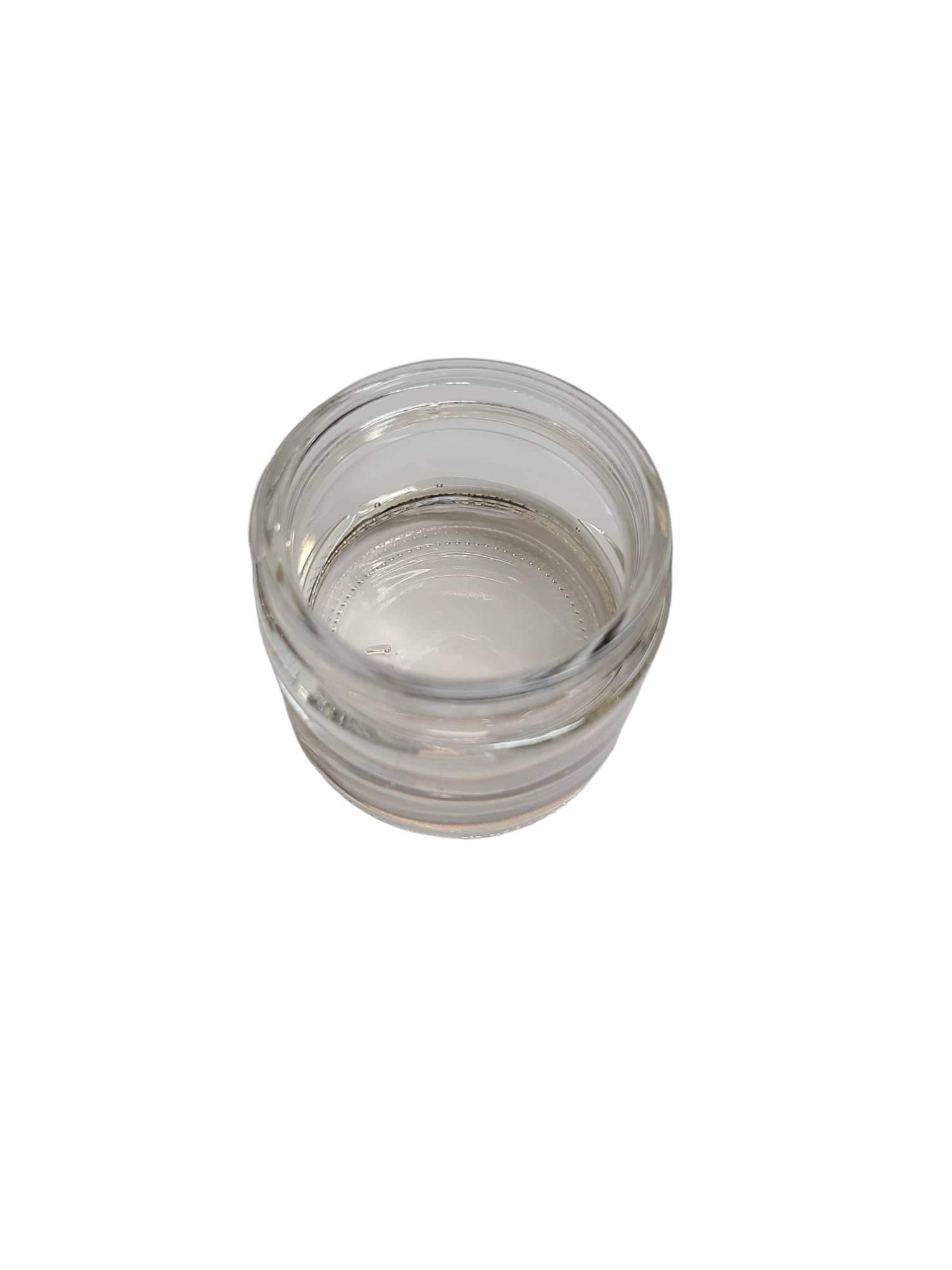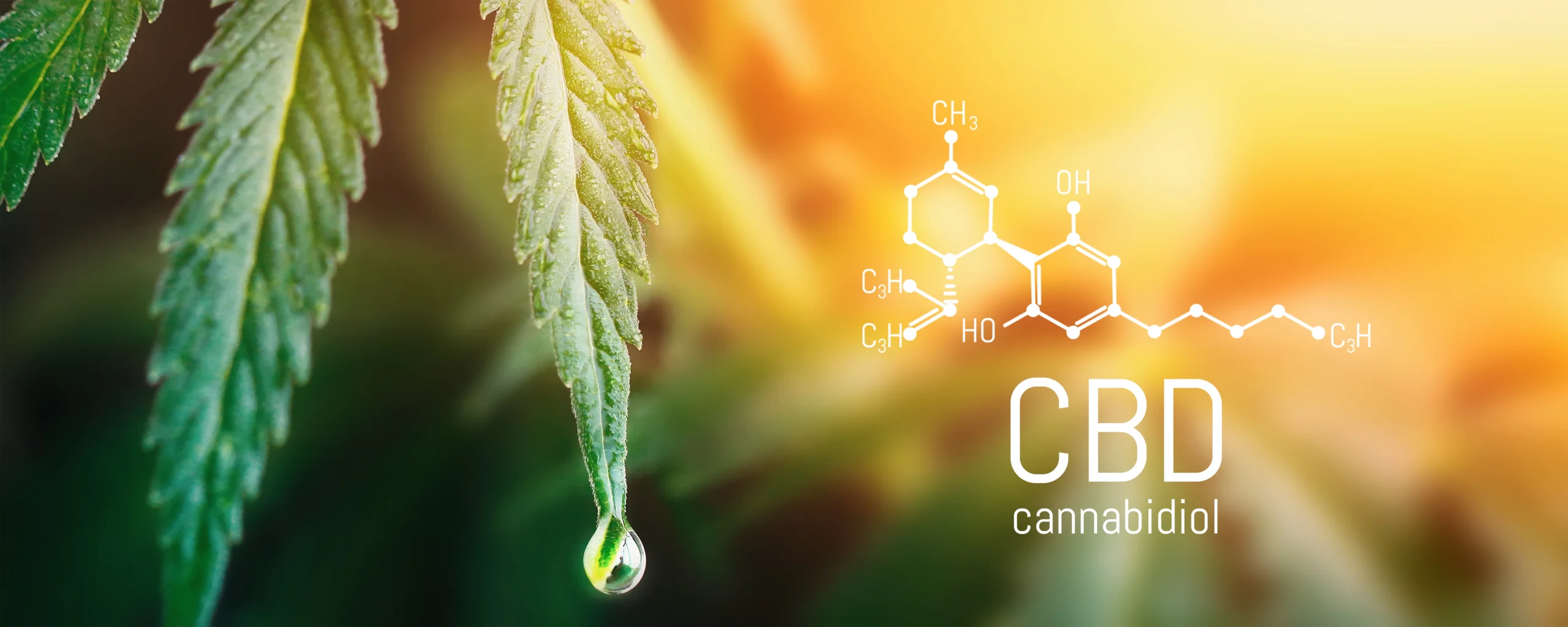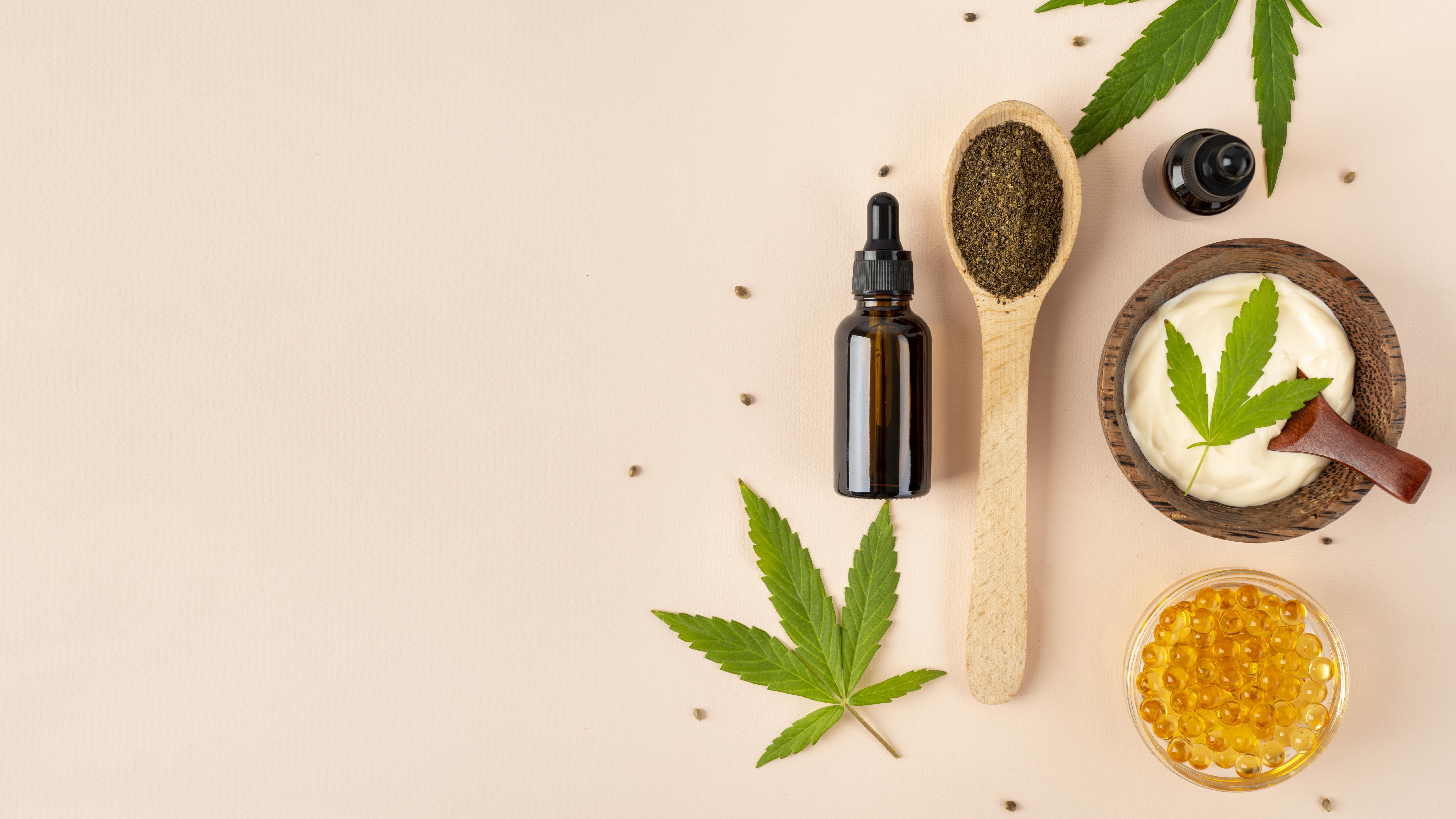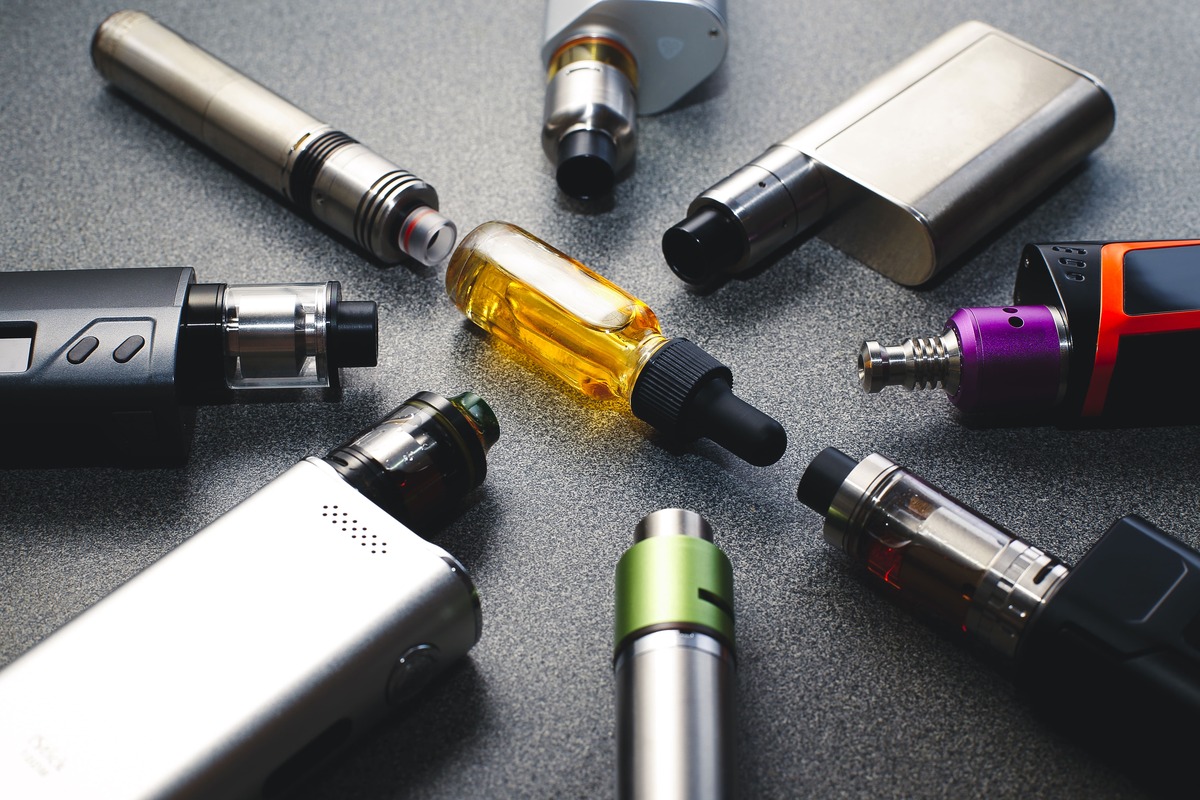Delta-8 THC: A Comprehensive Guide to Production, Quality Control, and Marketing
Delta-8 THC is gaining popularity for its similarity to Delta-9 THC, the psychoactive component of cannabis. But unlike Delta-9 THC, Delta-8 THC is legal in many states, which has led to increased interest in its production and manufacturing. In this comprehensive guide, we’ll explore the various production methods for Delta-8 THC, quality control and testing, Delta-8 THC products, potential health benefits and risks, marketing and distribution, and frequently asked questions about Delta-8 THC.
The Chemistry of Delta-8 THC
Delta-8 THC is a naturally occurring cannabinoid found in cannabis plants. It differs from Delta-9 THC by the placement of a double bond in its molecular structure, which gives it slightly different properties. Delta-8 THC is reported to have a milder psychoactive effect than Delta-9 THC, making it a more subtle “high” when consumed. Delta-8 THC is also believed to have some unique therapeutic properties, including potential anti-nausea and appetite-stimulating effects. Delta-8 THC interacts with the endocannabinoid system in the body by binding to CB1 receptors in the brain and central nervous system.
Production Methods for Delta-8 THC
There are several production methods for Delta-8 THC, including extraction, synthesis, and isomerization. Extraction is the most common method, while synthesis and isomerization require more specialized equipment and knowledge. Each production method has its pros and cons, including cost, efficiency, and environmental impact.
Quality Control and Testing
Quality control and testing are crucial for ensuring the safety and efficacy of Delta-8 THC products. Testing methods can detect the presence of Delta-8 THC and other cannabinoids, as well as any potential contaminants or impurities. Compliance with regulatory standards is also important. Delta-8 THC products should be manufactured and labeled in accordance with local and federal laws.
Delta-8 THC Products
Delta-8 THC products come in a variety of forms, including edibles, tinctures, vape cartridges, and topicals. Each product type has its own advantages and disadvantages, and consumers should consider factors such as potency, dosage, and delivery method when choosing a product. Potential health benefits include pain relief, reduction of anxiety and depression, and stimulation of appetite. However, like Delta-9 THC, Delta-8 THC may have potential risks and side effects.
Marketing and Distribution
Marketing and distribution of Delta-8 THC products are still in their infancy. Regulatory considerations have made it challenging to advertise and distribute products. To ensure legal compliance, companies should ensure they are following local and federal laws regarding advertising and distribution. They should also ensure they are meeting regulatory requirements and following best practices for quality control and testing.
Conclusion
Delta-8 THC is a complex product that requires careful consideration of various factors, including production methods, quality control and testing, product types, potential benefits and risks, marketing and distribution, and regulatory compliance. By following best practices and focusing on quality and safety, Delta-8 THC manufacturers can provide high-quality products to consumers while contributing to the growth of the Delta-8 THC industry.




